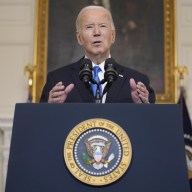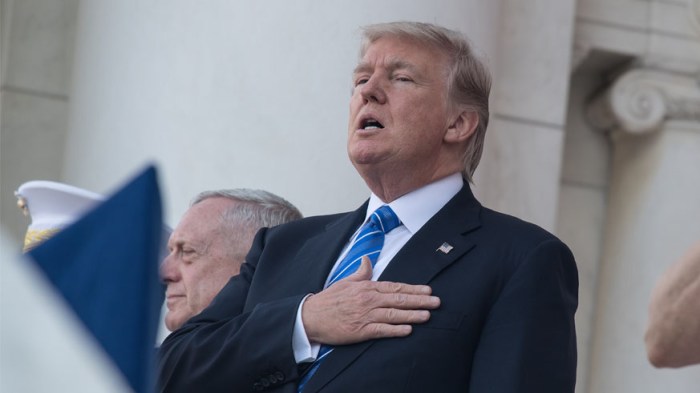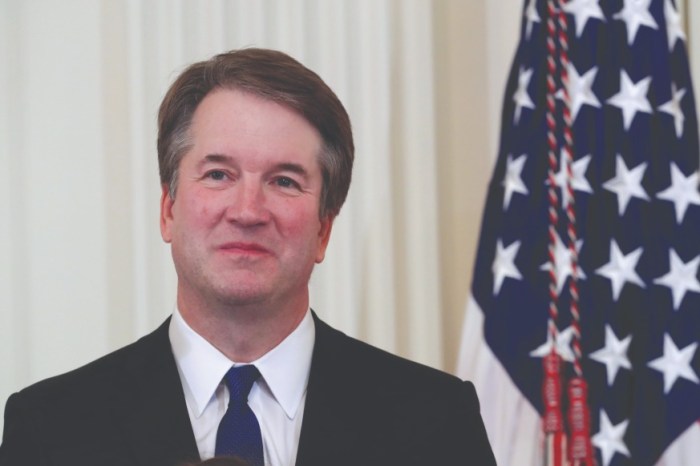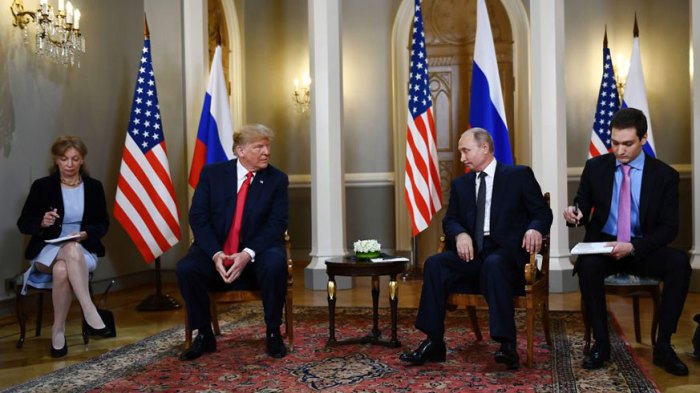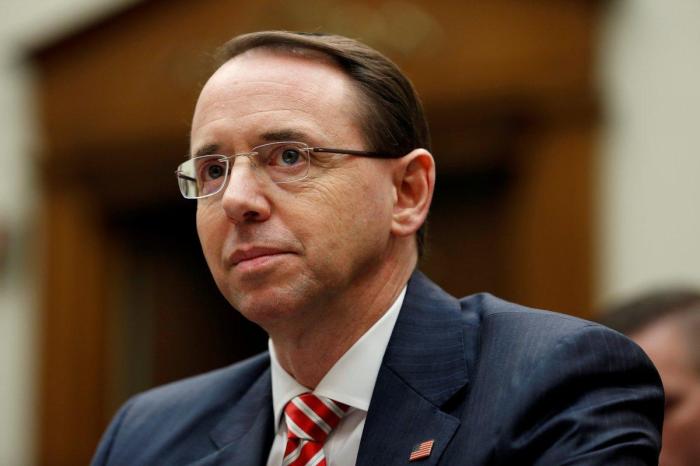Another day, another nationwide day of protest.
On Friday, more than 100 coordinated demonstrations will take place, including several in New York City, calling on workers and activists to walk off their jobs.
The “National General Strike” protests are planned in cities across the country under the banner of Strike4Democracy, a loose coalition of labor and activist groups intending to mobilize the American workforce to assert its power in politics. In New York, a rally will take place from 1 to 5 p.m. in Washington Square Park. Anyone able to attend without losing their job is urged to take part. It will coincide with a few other events at different locations, including a meeting to discuss the legal ramifications of striking and another titled, “Know Your Rights.” Similar events will take place across the country, including several in Boston and Philadelphia.
They come one day after the nationwide “Day Without Immigrants,” which encouraged immigrants and others to stay home to show the impact they have on daily life in the U.S. On Feb. 2, many Yemeni bodega owners in New York City shuttered their stores for several hours to make the same point. While Friday’s protest is largely an appeal to American workers to assert their rights, the previous two demonstrations were in direct opposition to President Donald Trump’s recent executive order to ban people from seven mostly Muslim nations from entering the U.S., and his desire to build a wall between the U.S. and Mexico. RELATED: New York experiences #ADayWithoutImmigrants
The organizer of the Washington Square Park demonstration, Andrew Thornbrooke, said the purpose of this “first wave” strike is to bring together and connect workers. That, he said, will organize an effective, ongoing movement to disrupt the economy. The overarching theme is to “push back against assaults on democratic principles,” he said. “A huge part of it is that people are realizing all the new administration really understands is economic and financial power. And as workers, we have the power to disrupt the economic force that’s driving the administration.” Tens of thousands expressed interest in joining Friday’s general strike across the nation in some manner on Facebook pages. About 5,000 people RSVP’ed to the New York rally. Michelle Rodino-Colocino, a communications professor at Penn State and one of Strike4Democracy’s national organizers, told Metro “we need to move the ball down the field.”
“We have a rich history of general strike in this country, but we want something more massive, maybe it will send a message or make a change,” she said.
“We all have different reasons for wanting to strike on Friday, and some are thinking beyond Donald Trump to the system that gave birth to Donald Trump, that let him be the winner of the election,” she said. “We need to make this a movement, not a moment.” The notion of Americans taking to the streets to influence the government is not new, said Meg Jacobs, professor of U.S. history at Columbia University.
“We have the impression that this is unprecedented, but the idea of playing out politics in protests has a long history,” Jacobs said. The 1930s was a decade of great upheaval, and led the Roosevelt administration to better address conflicts between labor and business. And the civil rights movement of the 1960s and women’s rights efforts of the 1970s brought about a great deal of change, she said. Jacobs pointed out that Trump is not likely to be receptive to any messages the protests intend to send, though they keep sending them.
“It’s yet to be seen if they’ll find effective channels into something more sustainable, and that results in changes and pressure at the ballot box,” she said.
Nationwide ‘General Strike’ urges workers to walk off their jobs
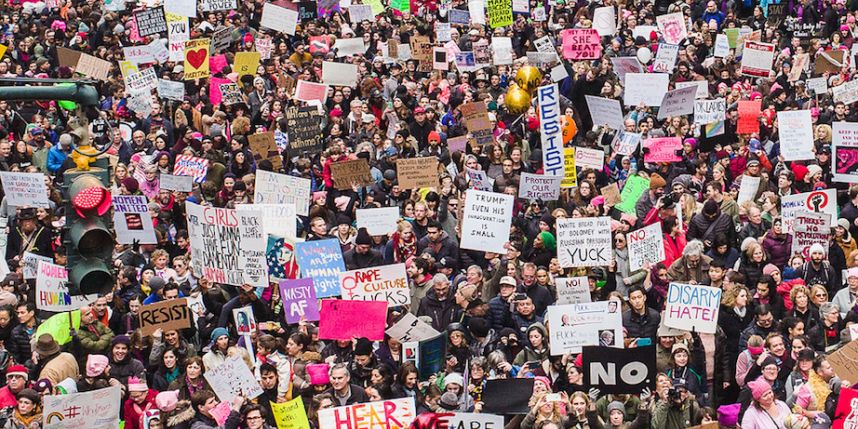
Creative Commons










